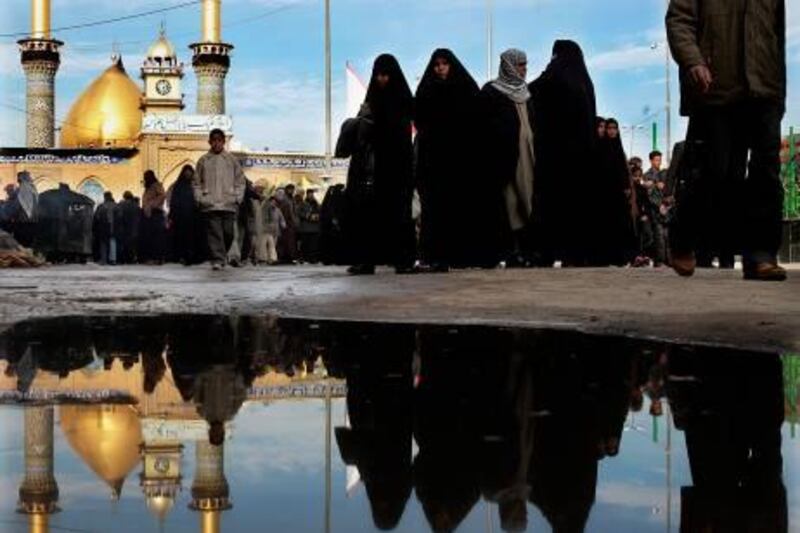A growing number of hotel brands across the region are striving to better reflect Islamic culture but companies are increasingly wary about how they market these brands.
At present, companies within the industry are continuing to debate the standards that need to be met to be considered a "Sharia-compliant" hotel.
Shaza Hotels is one such company. The luxury operator, which is a joint venture between Kempinski Hotels and Guidance Hotel Investment Company, based in Paris, is aiming to open hotels that are alcohol-free and "display the values and cultures of the Middle East and North Africa".
Yet it is not labelling itself a Sharia-compliant brand - primarily because there is no clear definition of exactly what the term means. Hotels that do claim to be Sharia-compliant end up having to meet a long list of unregulated requirements; they would normally be expected to have segregated floors for women and follow the zakat principle of giving to charity, among other necessities.
"I've not yet been able to find one definition of Sharia-compliant hotels and the definitions you do find seem to have a long list of compliance requirements," said Simon Coombs, the president and chief executive of Shaza Hotels. The operator's first hotel, in Madinah in Saudi Arabia, opened yesterday.
Shaza, which is Arabic for "fragrance", also yesterday announced plans to manage a luxury hotel in Karbala, Iraq, which is being developed by Range Hospitality, based in Dubai.
The property is expected to open in 2013. Because of their locations these particular hotels will have to aim to meet strict Sharia standards.
Rotana Hotels, based in Abu Dhabi, has similarly created an alcohol-free brand called Rayhaan. The operator says it is not a Sharia-compliant brand but is designed to "respect the beliefs and culture of our guests, while fostering the image of a new Arabia". "Unlike Sharia-compliant finance and banking, there is no Sharia board certifying that a hotel is Sharia compliant," said Chiheb ben Mahmoud, the senior vice president at Jones Lang LaSalle Hotels in the Middle East and Africa.
Shaza is also planning to open hotels in Sarajevo, Marrakech, Cairo and Bahrain. It is aiming to have 25 to 30 hotels by 2016.
About 10 of these properties will be owned by the Shaza fund, which is managed by the Guidance Hotel Investment Company. There is about US$300 million (Dh1.1 billion) in the fund so far, with investment largely coming from the Middle East, and Qatar in particular, said Mr Coombs. Other locations it is considering for the brand include London, Geneva and Dubai.
It will also manage another property being developed by Range Hospitality, in Mashhad, Iran. Range is focusing on developing hotels to cater for areas visited by large numbers of pilgrims in the region.
"[Quality accommodation] is extremely lacking particularly in Karbala and to bring an international chain there, I think there will be a lot of demand," said Mr Coombs. "I think the people that travel there may be on pilgrimage but it doesn't mean that they have to have a bad experience in terms of their hotel stay."
He said the Shaza brand was developed because of what was seen as "a niche and a business opportunity" in the hospitality market.
The company said it was not "a branch" of Kempinski, but benefited from its operating expertise.
[ rbundhun@thenational.ae ]






